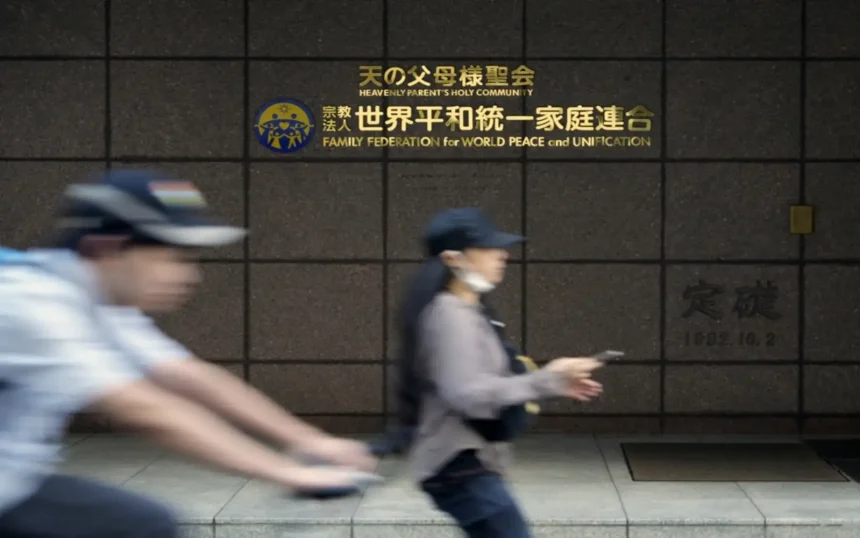In a landmark decision, the Tokyo District Court has ordered the dissolution of the Unification Church in Japan, citing manipulative fundraising practices and recruitment tactics that have adversely affected members and their families. This ruling follows a government request spurred by the investigation into the 2022 assassination of former Prime Minister Shinzo Abe, which unveiled deep ties between the church and political figures.
Background of the Unification Church in Japan
Established in Japan in the 1960s, the Unification Church, officially known as the Family Federation for World Peace and Unification, is a South Korea-based religious organization founded by Rev. Sun Myung Moon in 1954. The group has been widely recognized for its conservative, family-oriented values and has maintained a significant presence in Japan for decades.
Controversial Practices and Legal Challenges
The church has faced numerous accusations over the years, particularly concerning its fundraising methods. Critics allege that the organization employed manipulative tactics to solicit excessive donations from members, leading to financial ruin for many families. These practices prompted a series of lawsuits and public outcry, culminating in the government’s decision to seek legal action against the church.
Government Investigation and Court Ruling
The assassination of former Prime Minister Shinzo Abe in 2022 acted as a catalyst for intensified scrutiny of the Unification Church. Investigations revealed longstanding connections between the church and Japan’s ruling Liberal Democratic Party, raising concerns about the extent of the organization’s influence. In response, the Ministry of Education, Culture, Sports, Science, and Technology filed a request with the Tokyo District Court to revoke the church’s legal status. On March 25, 2025, the court ruled in favor of dissolution, effectively revoking the church’s tax-exempt status and mandating the liquidation of its assets.
Reactions and Implications
The Unification Church has criticized the court’s decision, labeling it as unjust and a threat to religious freedom. The organization has expressed its intention to appeal the ruling, arguing that the decision infringes upon the constitutional rights of its followers. Conversely, legal experts and victims’ advocacy groups have welcomed the dissolution order, viewing it as a necessary step toward addressing the grievances of those affected by the church’s practices.
Historical Context and Precedents
This case marks a rare instance of a religious organization being dissolved in Japan based on civil code violations. Previously, such actions were primarily associated with criminal charges, as seen in the dissolution of the Aum Shinrikyo cult following the 1995 Tokyo subway sarin attack. The current ruling sets a significant precedent in the application of Japan’s Religious Juridical Person Law, highlighting the government’s commitment to regulating organizations that engage in activities deemed detrimental to public welfare.
Conclusion
The dissolution of the Unification Church in Japan underscores the complex interplay between religious freedom and the state’s responsibility to protect its citizens from exploitative practices. As the church prepares to appeal the decision, the case continues to evoke widespread debate on the boundaries of religious activities and the mechanisms in place to safeguard individuals from potential harm.










